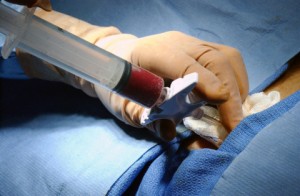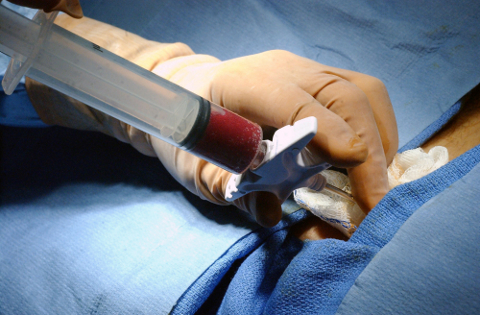You are born with around 10 billion fat cells, after you reach puberty the amount of fat cells does not increase by itself.
The size of the fat cells increase as each fat cell stores more and more energy.
If your fat cells become overly full, then your body creates additional fat cells, which also starts storing energy (and becomes larger)
Even if you lose weight, the AMOUNT of fat cells your body has, never decreases again.
So, as you gain more fat it becomes harder and harder to lose it.
An understanding of fat is crucial to be able to reduce the amount of fat in your body.

Teaching and training your body to lose weight
To understand how to teach and train your body to lose weight, you have to first consider the basics of weight loss in itself:
You Are Eating Yourself
Nobody ever simply loses weight. You either have surgery and have weight (fat) violently removed or your body has to burn the stored energy in its fat cells.
The weight that you lose is fat and muscle that has been broken down by your body and converted into energy, the same method your body uses with food
About Calories
Calories are simply a unit of measure that measures the potential energy in food you eat in the form of fats, proteins and carbohydrates.
You can similarly also convert the accumulated fat in your body, to an estimated calorie amount.
Your body (and you) only burn (or consume) a certain amount of calories (energy) per day and this amount can increase and decrease as your rate of metabolism fluctuates.
Very simple fact: Over a period of some months, if you eat less calories than your body burns, your body will burn stored calories and you lose weight.
You can also train and help your body to convert fat by ensuring that some fat is a normal part of your diet and calorie consumption.
You will read elsewhere (and even on this publication) that when you consume fewer calories than you burn, your metabolism will slow down and your cortisol (stress) hormone levels will go through the roof. This is true, but what you MUST also hear is that your metabolism will adapt to your new calorie level after a week or so. So, yes, your metabolism may slow down (and decrease the amount of calories that you require even further) but the truth is that if you continue and press on consuming fewer calories than your body burns, weight loss will be effected as your body will start burning stored calories in the form of your body fat. When cortisol levels increase you will experience cravings, possibly triggering binge eating and even overeat at times. This is all fine, as this irregular calorie surplus and following calorie deficit will yet again serve to only trigger the body to burn stored reserves.
When you are following a calorie restricted diet, you will go through patches where there is little or no weight loss.
This is absolutely normal and the trick is to press on and not to give up as you need to know and understand that this is perfectly normal and is to be expected. The amount of water your body retains as well as your muscle weight and many other factors detirmine how long the dry spell of little or no weight loss will be. Keep drinking lots of water, sleep at least 8 (or more) hours every night and reduce daily stress as much as you can to effectively avoid major binge cravings.
You will however still have cravings from time to time and to remedy that, make sure that there is nothing in your pantry that will easily tempt you. So when doing grocery shopping be careful what you buy and make sure that you are not at all hungry when doing your shopping.
New Weight Loss Tips:
1. Sleep nine or ten hours a day instead of seven or eight
2. If your spouse is fat it makes it harder for you to become slim and to lose weight. Try losing weight as a team and push each other
3. Know, hear and listen: Food can be addictive and you can follow the alcoholics anonymous 12 step principles to achieve effective and permanent weight loss (more about this is my article, the 12 steps to permanent weight loss)
The amount of calorie restriction
To assure weight loss you need to restrict your calorie intake by over a third and by as much as 40% over an extended period of time. You will have to supplement with vitamins and minerals and ensure that your reduced calorie load includes fresh fruit, vegetables and proteins.
If your calorie restriction is only around 10% you may not effectively lose weight and effective weight loss will depend on other factors, such as level of insulin resistance as well as ratio of fat to carbs in diet, etc.
So, you need to consume as much as 33 – 45 percent less than your body burns and you need to ensure that your body still receives adequate dietary resources.
The next article covers ketosis, the effects of diets on the liver and other detox organs and the ratio type diets.
Advertising

All information provided for information & education purposes only. Nothing published on https://dietmy.com is intended as substitution for medical advice, diagnosis, or for any treatment.

